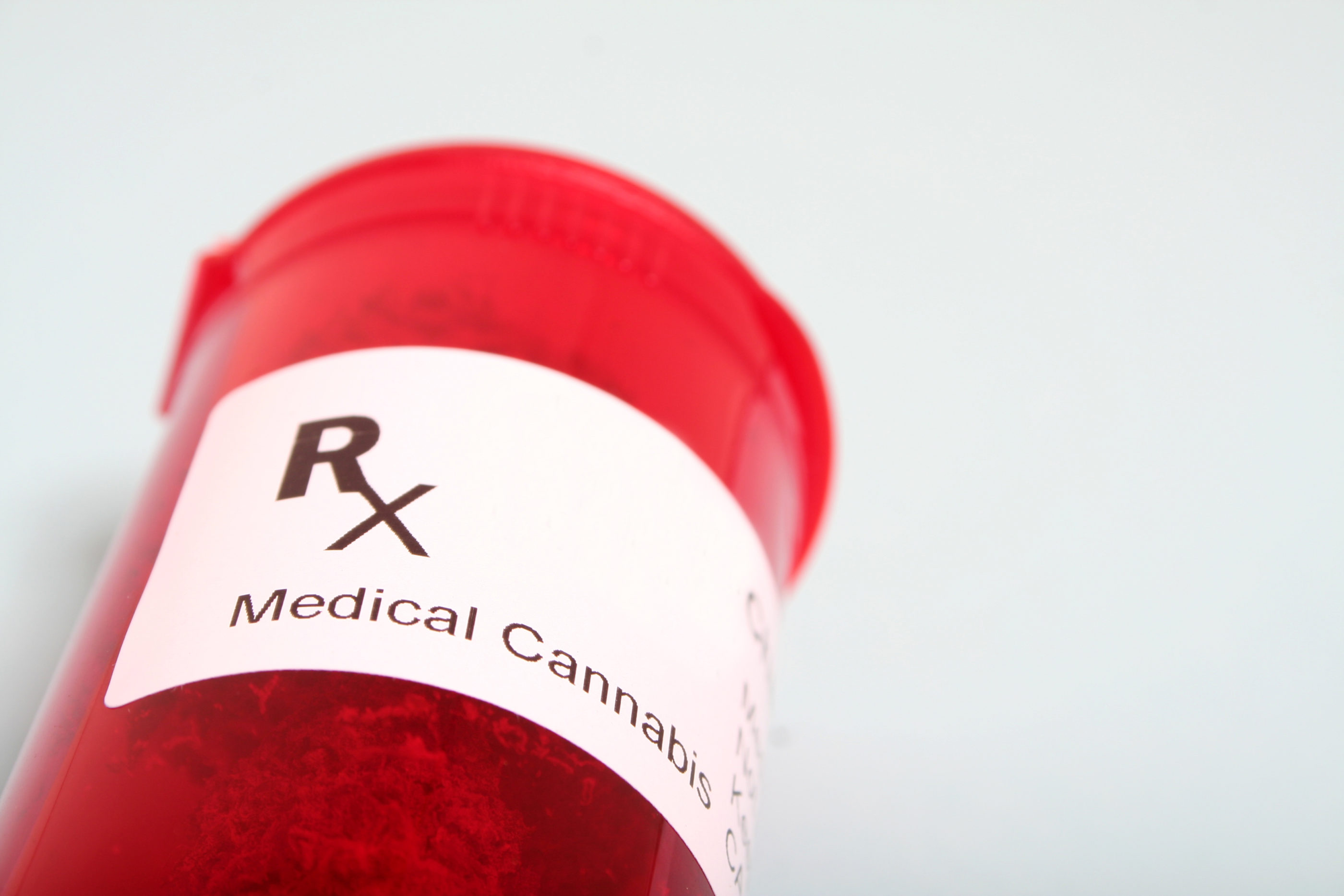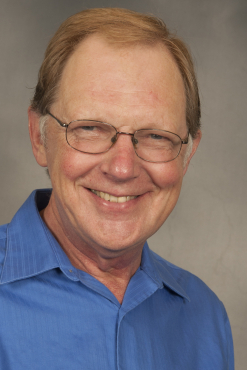Dear Editor,
As a physician graduate of the Medical University of South Carolina (MUSC) with 40 years of experience, I wish to respond to Patrick Dennis’ letter of October 22. The S.C. Medical Association (SCMA) does not speak for me, nor for a number of other physicians with whom I’ve spoken, regarding medical cannabis. In fact, less than half of South Carolina physicians are members of the SCMA. I can certainly say I’ve never been asked by the SCMA for my opinion, so I would posit the SCMA position speaks more for the SCMA board than for the overall physician population.
I certainly agree that the practice of medicine has to be fundamentally based in science. At the same time, there are many aspects of medical practice, frequently described as the “art” of medicine, which is based on patient expectations and beliefs and rely on the relationship and trust our patients have with their physicians. The use of alternative approaches, non-traditional approaches, even placebo, can be helpful if applied with knowledge and skill by the provider. There are many times we use measures that are not extensively studied by the scientific method and drugs that are not approved by the FDA (described as off-label uses).
Cannabis HAS been extensively studied, as demonstrated by the 2017 report by the National Academy of Sciences, free online, that reviewed over 10,000 scientific articles on cannabis, finding conclusive evidence of effectiveness for three indications (chronic pain in adults, chemotherapy associated nausea and vomiting, and muscle spasticity in MS) and with moderate or limited evidence (primarily due to insufficient, not adverse, data) for quite a few more.
Regarding safety, there has NEVER been a reported death from the toxic effects of cannabis. The concern that cannabis is a gateway to harder drugs has not been supported by many reputable organizations, including the National Institute on Drug Abuse (NIDA). In fact, given the current epidemic of opioid deaths, there is reason to believe cannabis can be a far better treatment option for pain and may actually provide a gateway OUT OF opioid use.
[su_dominion_video_scb]Areas of risk that I would agree with would be use by the young – and by those with high risk of psychotic diseases. In the case of use by youth, the human brain continues to develop until around 25 years of age, and exposure to cannabis prior to that may indeed create long term consequences. Protecting children from cannabis recommended for adults would be no different than protecting from other drugs of potential abuse that are prescribed now without much controversy. For those instances where children are the patients the balancing of the benefits of cannabis should be weighed against the risk to the child without treatment, or with other medications, which may have serious side effects, including crippling costs.
For those at risk for psychosis, evidence suggests this risk is highest for chronic and high dose use. The approach for medical cannabis should always be to start at a low dose of the appropriate strain of cannabis and increasing only to the point of benefit, while monitoring for side effects. This is no different than starting a patient with depression on an antidepressant while monitoring for evolving problems if they truly are bipolar (where typical antidepressants may trigger manic episodes).
It is naïve to believe that if physicians do not participate in the decision whether to use cannabis then patients will not use it. With the national attention medical cannabis is receiving, and with the ease of obtaining it on the street, many of our patients who want it can certainly find a way to get it. Given that off the street marijuana may not be of the correct blend of cannabinoids, are frequently bred for high THC content, or may be laced with other drugs, such as fentanyl, heroine, meth, etc., to encourage addiction, the control of what would be obtained through a cannabis dispensary would certainly make it far safer.
FDA approval may never be possible using traditional study techniques, since the effect of cannabis is related to different balances of cannabinoids, not just a single drug. In addition, being a schedule 1 controlled substance severely limits the ability to further study cannabis. That classification was, from the very beginning, a political decision, not a scientific one (Google Shafer Commission for more information on how this scheduling was decided).
The practice of medicine always balances benefit against risk. A physician who is knowledgeable in cannabis (which will require physician education) can help a patient navigate the benefits and minimize risks better than anyone else. Yes, there is much more to learn about cannabis, but we know enough now to be able to safely use this valuable new tool.
Sincerely,
Bill Griffith, MD
Anderson, S.C.
***
WANNA SOUND OFF?
Got something you’d like to say in response to one of our stories? Please feel free to submit your own guest column or letter to the editor via-email HERE. Got a tip for us? CLICK HERE. Got a technical question or a glitch to report? CLICK HERE. Want to support what we’re doing? SUBSCRIBE HERE.
Banner: Getty

